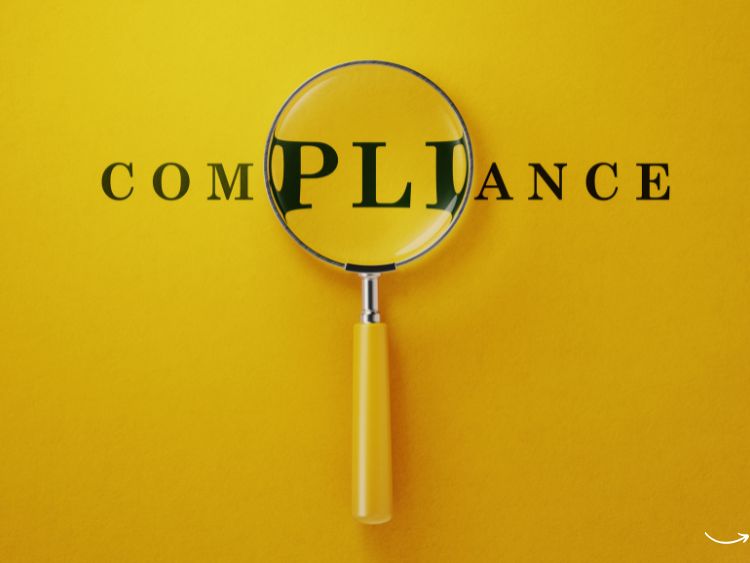Corporate compliance training—ever heard of it? Well, if you’re working in any business environment, it’s likely that you’ve come across this term. But what exactly does it entail, and why is it so crucial for organizations today? Let’s dive into the world of corporate compliance training, breaking down its importance, key components, and best practices to ensure your company stays on the right side of the law.
What is Corporate Compliance Training?
Corporate compliance training is a formal program designed to educate employees on the laws, regulations, and company policies that apply to their daily job responsibilities. It’s not just about ticking boxes; it’s about fostering a culture of ethical behavior and legal adherence throughout the organization.
Why is Corporate Compliance Training Important?
- Legal Protection: One of the primary reasons for implementing corporate compliance training is to protect the organization from legal issues. By ensuring that employees understand the laws and regulations governing their work, companies can avoid costly lawsuits and penalties.
- Ethical Culture: Compliance training helps establish a culture of integrity and accountability. When employees are aware of the ethical standards expected of them, they are more likely to act responsibly and report unethical behavior.
- Risk Management: By educating employees on compliance issues, organizations can better identify and mitigate risks. This proactive approach can prevent incidents that could harm the company’s reputation or financial standing.
- Employee Empowerment: Knowledge is power, right? When employees are well-versed in compliance matters, they feel more confident in their roles and are better equipped to make informed decisions.
Key Components of Corporate Compliance Training
1. Legal and Regulatory Requirements
Every industry has its own set of regulations and laws. A robust compliance training program should cover the specific legal requirements relevant to the organization’s operations. This includes federal, state, and local laws, as well as industry-specific regulations.
2. Company Policies and Procedures
Employees need to be familiar with the company’s internal policies and procedures. This includes understanding the code of conduct, anti-bribery policies, data protection protocols, and any other guidelines that govern their work.
3. Ethical Standards
Compliance training should emphasize the importance of ethical behavior. This means teaching employees about the organization’s values, the importance of honesty, and the consequences of unethical actions.
4. Reporting Mechanisms
Employees should know how to report compliance issues or unethical behavior. Training should cover the procedures for reporting, the channels available (such as hotlines or online platforms), and the protections in place for whistleblowers.
Best Practices for Effective Corporate Compliance Training
1. Regular Updates and Refreshers
Laws and regulations are constantly evolving, and so should your compliance training. Regular updates and refresher courses ensure that employees stay informed about the latest changes and understand how they impact their work.
2. Interactive and Engaging Content
Let’s face it, nobody enjoys a monotonous lecture. Use interactive content, such as quizzes, case studies, and role-playing scenarios, to keep employees engaged and make the training more memorable.
3. Tailored Training Programs
Different roles within the company may have different compliance requirements. Tailor the training programs to address the specific needs of various departments and job functions.
4. Monitor and Evaluate
Regularly assess the effectiveness of your compliance training program. Use surveys, quizzes, and feedback sessions to identify areas for improvement and ensure that the training meets its objectives.
5. Leadership Involvement
When leaders demonstrate a commitment to compliance, it sets a positive example for the rest of the organization. Encourage management to participate in training sessions and reinforce the importance of compliance in their communications.
Common Challenges in Corporate Compliance Training
1. Keeping Up with Regulatory Changes
Staying abreast of the ever-changing regulatory landscape can be challenging. Organizations need to have a system in place to monitor changes and update their training programs accordingly.
2. Ensuring Engagement
Maintaining employee engagement throughout the training can be difficult. Interactive content and real-life examples can help keep the material interesting and relevant.
3. Measuring Effectiveness
It’s not always easy to measure the impact of compliance training. Companies need to establish clear metrics and regularly evaluate the program to ensure it’s achieving its goals.
FAQs
What are the key benefits of corporate compliance training?
Corporate compliance training provides legal protection, promotes an ethical culture, helps manage risks, and empowers employees to make informed decisions.
How often should compliance training be conducted?
Compliance training should be conducted regularly, with updates and refreshers provided at least annually to ensure employees stay informed about the latest regulations and policies.
What topics should be covered in corporate compliance training?
Key topics include legal and regulatory requirements, company policies and procedures, ethical standards, and reporting mechanisms for compliance issues.
How can companies ensure the effectiveness of their compliance training programs?
Companies can ensure effectiveness by regularly updating the content, using interactive and engaging training methods, tailoring programs to specific roles, monitoring and evaluating the training, and involving leadership.
Conclusion
Corporate compliance training is more than just a regulatory requirement; it’s a vital component of a successful business strategy. By educating employees on the legal and ethical standards that govern their work, organizations can foster a culture of integrity, manage risks effectively, and protect themselves from legal repercussions. Remember, a well-informed team is your first line of defense against compliance issues. So, invest in robust training programs and keep your organization on the path to success.

